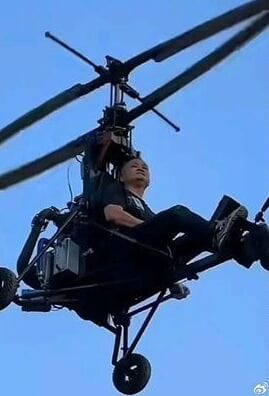Thailand-Cambodia Conflict: Where Is It Headed?
The recent border clashes between Thailand and Cambodia have escalated longstanding disputes over territory and sovereignty. Both sides face casualties and diplomatic fallout, while international actors call for peace and dialogue.
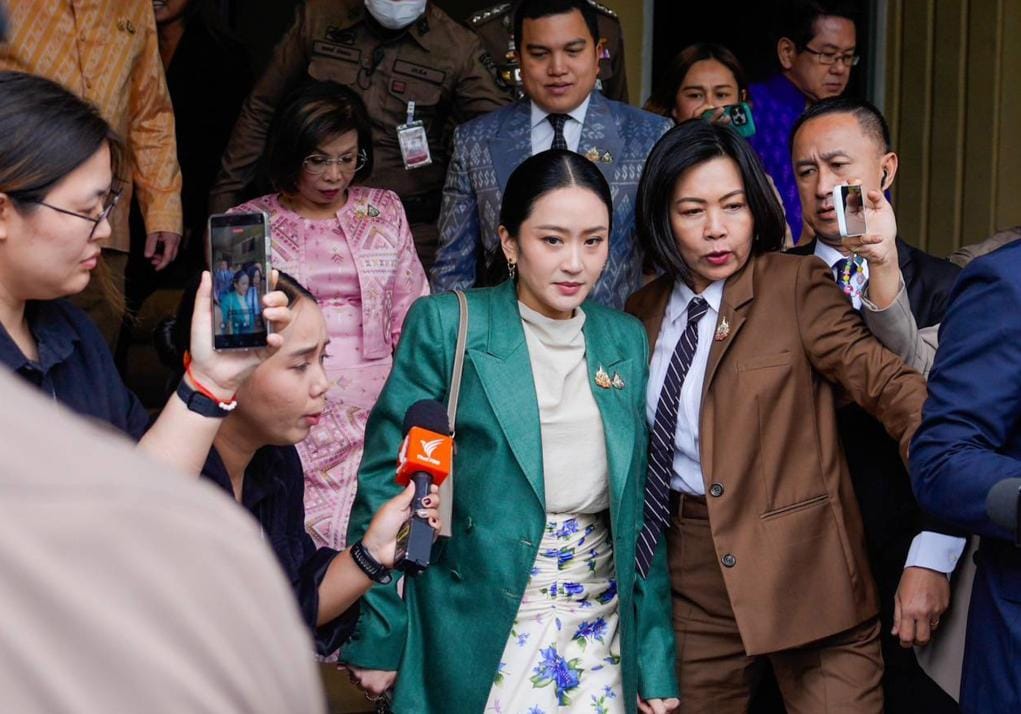
Border Clashes and Growing Tensions
The recent conflict between Thailand and Cambodia along their shared border has reignited long-standing disputes, especially around the Preah Vihear Temple area. With artillery fire, rocket attacks, and troop engagements reported, both countries have suffered casualties and diplomatic relations have worsened.
Both sides accuse each other of violations, recalling ambassadors and downgrading ties. The use of heavy weaponry and multiple fronts has raised fears of further escalation, while civilians in border areas are urged to stay safe.
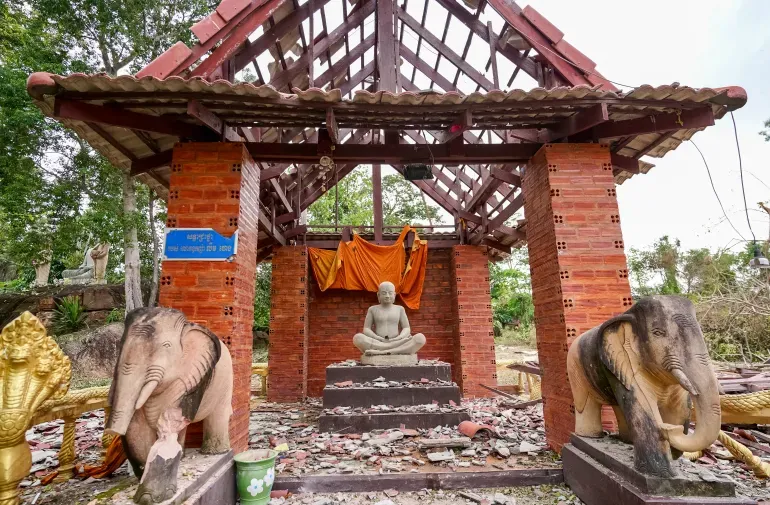
The Root of the Problem
The core issue revolves around territorial sovereignty. The International Court of Justice ruled the Preah Vihear Temple belongs to Cambodia, but interpretation and control remain contentious. Landmines, troop movements, and periodic incidents have kept tensions simmering for decades.
Political dynamics within Thailand and Cambodia also add complexity, with nationalism and domestic pressures influencing stances.
International Calls for Peace
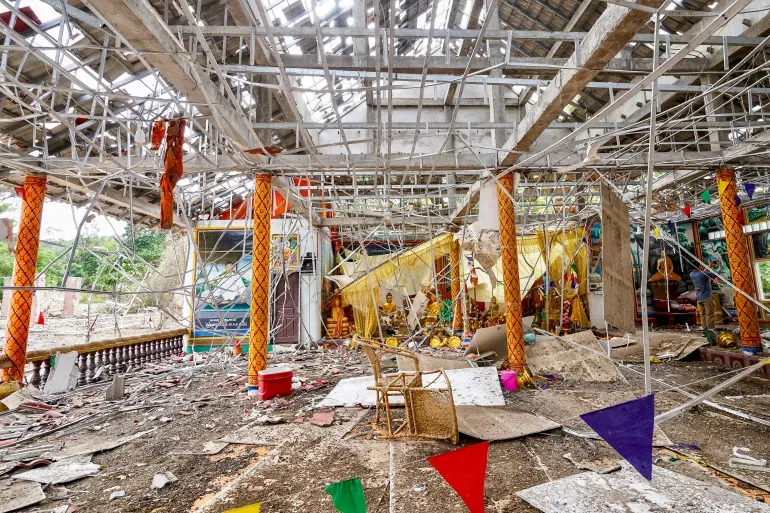
The United Nations, ASEAN (with Malaysia as chair), China, Russia, and the United States have urged dialogue and restraint. The UN Security Council held a closed-door meeting, highlighting the urgency of preventing further bloodshed.
Regional stability depends on de-escalation and renewed negotiations, yet history and deep-rooted distrust pose significant challenges.
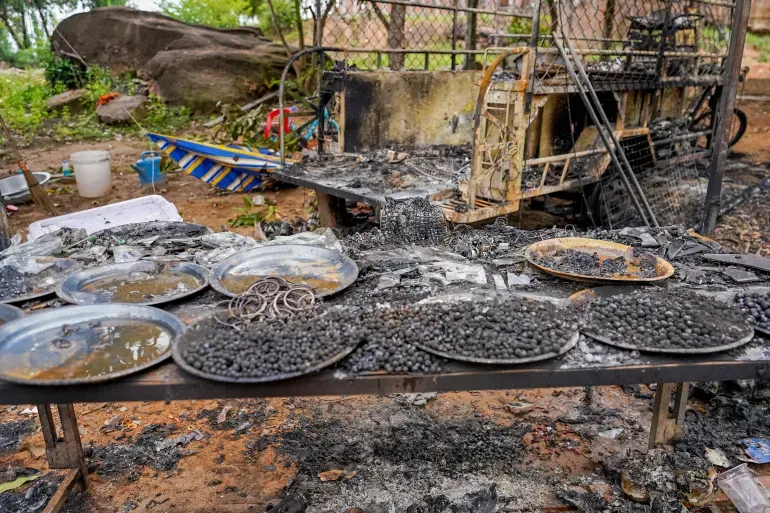
What’s Next?🌏
While the current flare-up is alarming, peaceful resolution remains the only viable path. Both Thailand and Cambodia must prioritize diplomacy over conflict to safeguard their people and regional harmony.
For observers, this situation underscores the fragile nature of Southeast Asian borders and the importance of continued engagement by ASEAN and international actors.

